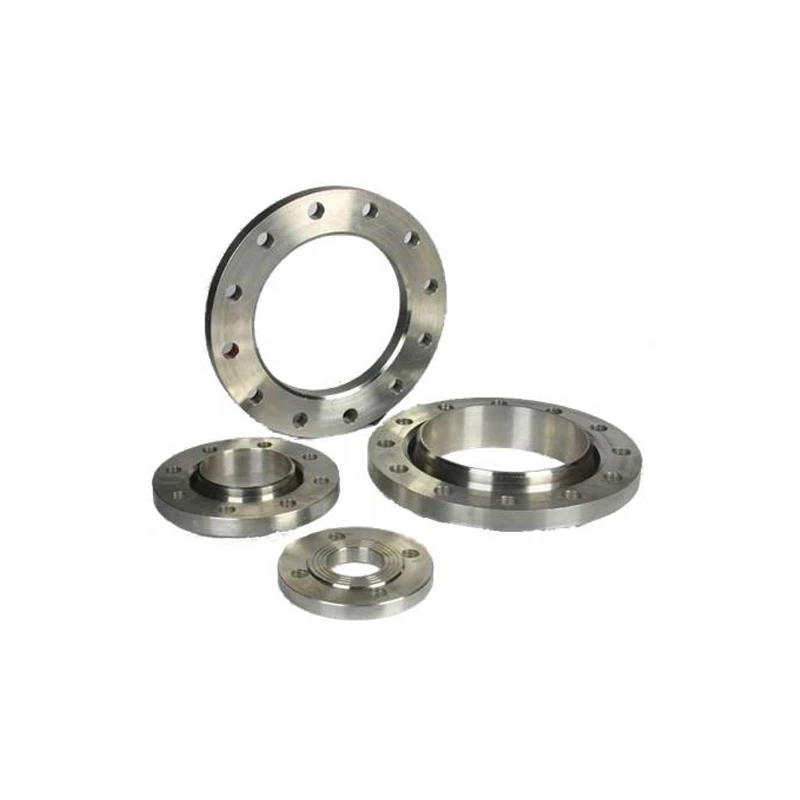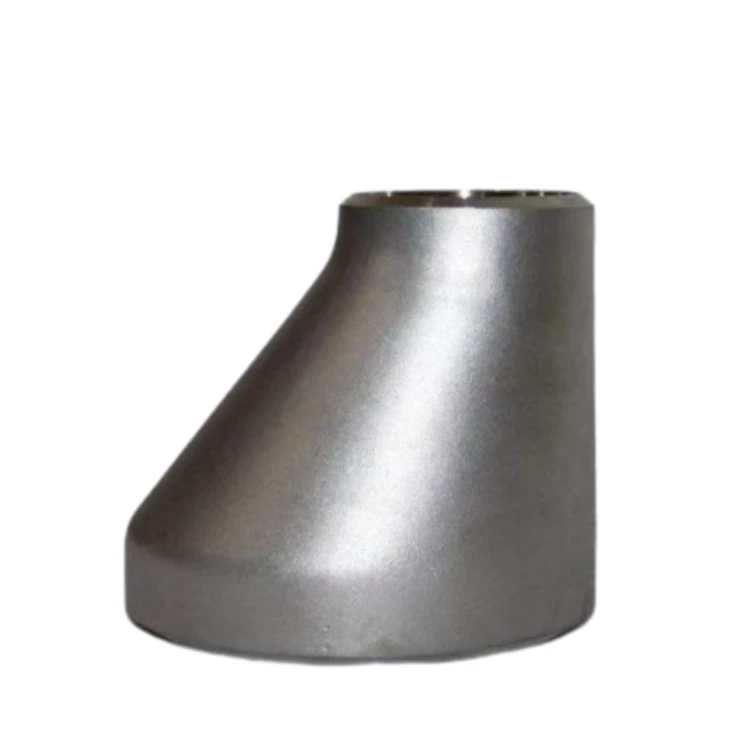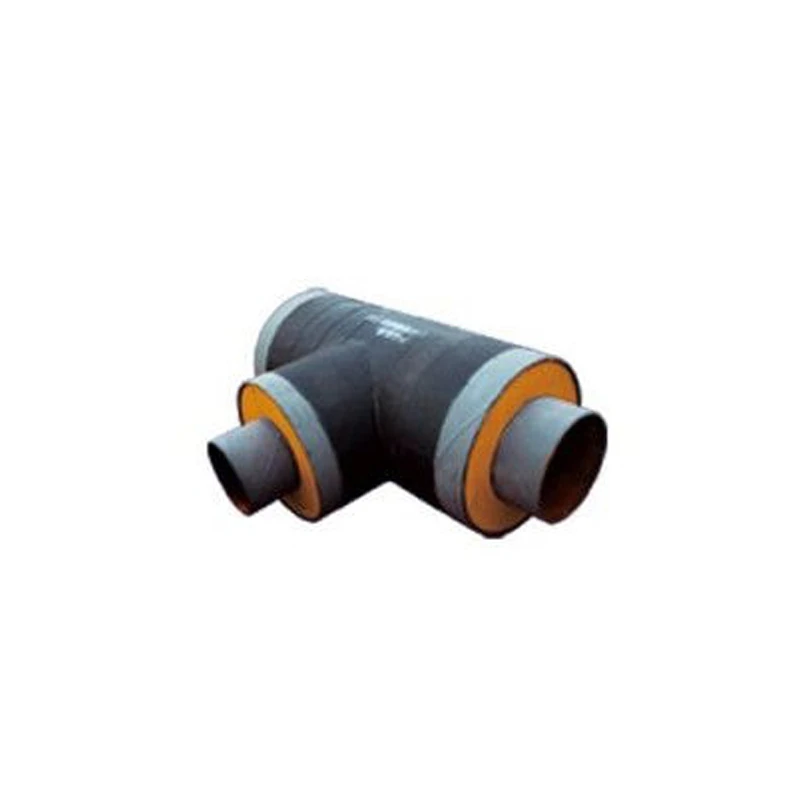Driven by the growing demand for safety, sustainability, and performance, steel pipes for sale are shaped by transformative industry trends:
Technical FAQs: Steel Pipes for Sale & Overlay Welding Clad Steel Pipe
Q1: What base materials are commonly used in overlay welding clad steel pipes?
A1: Typical base materials include carbon steel grades (Q235B, Q345B), alloy steel (16Mn, 20G), and stainless variants (304, 316L), depending on strength and corrosion resistance requirements.
Q2: How thick is the overlay (clad) layer and what materials are used?
A2: The overlay thickness generally ranges from 3mm to 8mm. Common overlay alloys include chromium-rich, nickel-based, and tungsten-enhanced wear-resistant metals.
Q3: What are typical wall thickness and diameter ranges for steel pipes for sale?
A3: Available diameters usually run from 20mm to 2000mm, with wall thicknesses between 2mm and 50mm, tailored through ERW, LSAW, SSAW or composite manufacturing processes.
Q4: What international standards do welded and overlay steel pipes comply with?
A4: Production adheres to API 5L, ASTM A106/A335, EN 10217/10219, GB/T9711, and DIN30670 for different global applications and markets.
Q5: What tests are performed to ensure product reliability?
A5: Pipes undergo ultrasonic inspection, radiographic weld analysis, hydrostatic pressure testing, and, for overlays, microstructure and surface hardness verification.
Q6: Are overlay welding clad steel pipes compatible with existing pipeline systems?
A6: Yes, they are designed to integrate seamlessly using conventional welding or flange connections, often tailored for direct retrofit into operational pipelines.
Q7: What certifications does Cangzhou Lion Technology Co., Ltd. provide?
A7: The company offers ISO9001, API Q1, and PED certifications, with CE and Lloyd’s Register (LR) certifications on request for export-grade and marine products.



